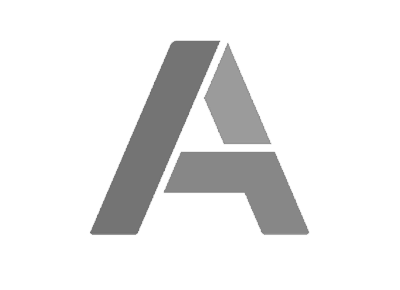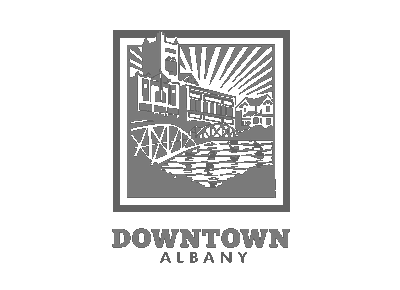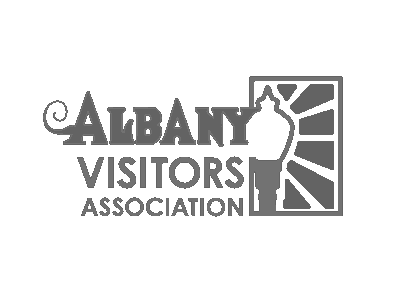The City of Albany is one of more than a dozen Oregon wastewater treatment agencies among 160 in the U.S. testing sewage for the presence of the COVID-19 virus in the communities they serve.
Albany staff are sampling pre-treated sewage at the Albany-Millersburg Water Reclamation Facility (WRF) once a week during the study. Sewage samples collected at the WRF are shipped overnight to Biobot Analytics in Massachusetts where they are concentrated, pasteurized and analyzed for genetic markers of SARS-CoV-2, the virus causing COVID-19.
Biobot researchers are trying to figure out how concentrations of the virus in those samples correlate to the numbers of real people in the community who are infected with the virus. The Biobot team is interested in wastewater samples collected from different geographical areas with different rates of COVID-19 infection because it will make the modeling more accurate, according to David Gilbey, Public Works Environmental Services Manager, who is managing the Biobot project here.
According to Biobot, a spinoff of the Massachusetts Institute of Technology (MIT), “New studies show that SARS-CoV-2 is shed in stool from those infected, meaning it’s collecting in city sewers. Biobot is establishing protocols to test sewage for SARS-CoV-2. If successful, this data will give communities a dynamic map of the virus as it spreads to new places. Studies also show that the coronavirus is likely not transmitted through wastewater, but the genetic fingerprint is there and that’s what this work is studying as the virus moves through a community.”
The Biobot team is hopeful that this technology will provide an early warning system for reemergence of the coronavirus if it does indeed have a seasonal cycle. This kind of “sewer surveillance” is not new and has been done by companies like Biobot for tracking other infectious diseases as well as opioid use.
Albany’s treatment plant processes sewage from the cities of Albany and Millersburg, a combined population of about 57,000.
The City chose to participate because the study could provide helpful data during the crisis and can be done along with routine sampling at the plant, Gilbey added. It costs the City about $120 a week for sample bottles and shipping.
The study is being done by a team from MIT, Harvard University, and Brigham and Women's Hospital, Boston. For more information, see the Biobot Analytics website at https://www.biobot.io/.




